SUMMARY
This is AI generated summarization, which may have errors. For context, always refer to the full article.
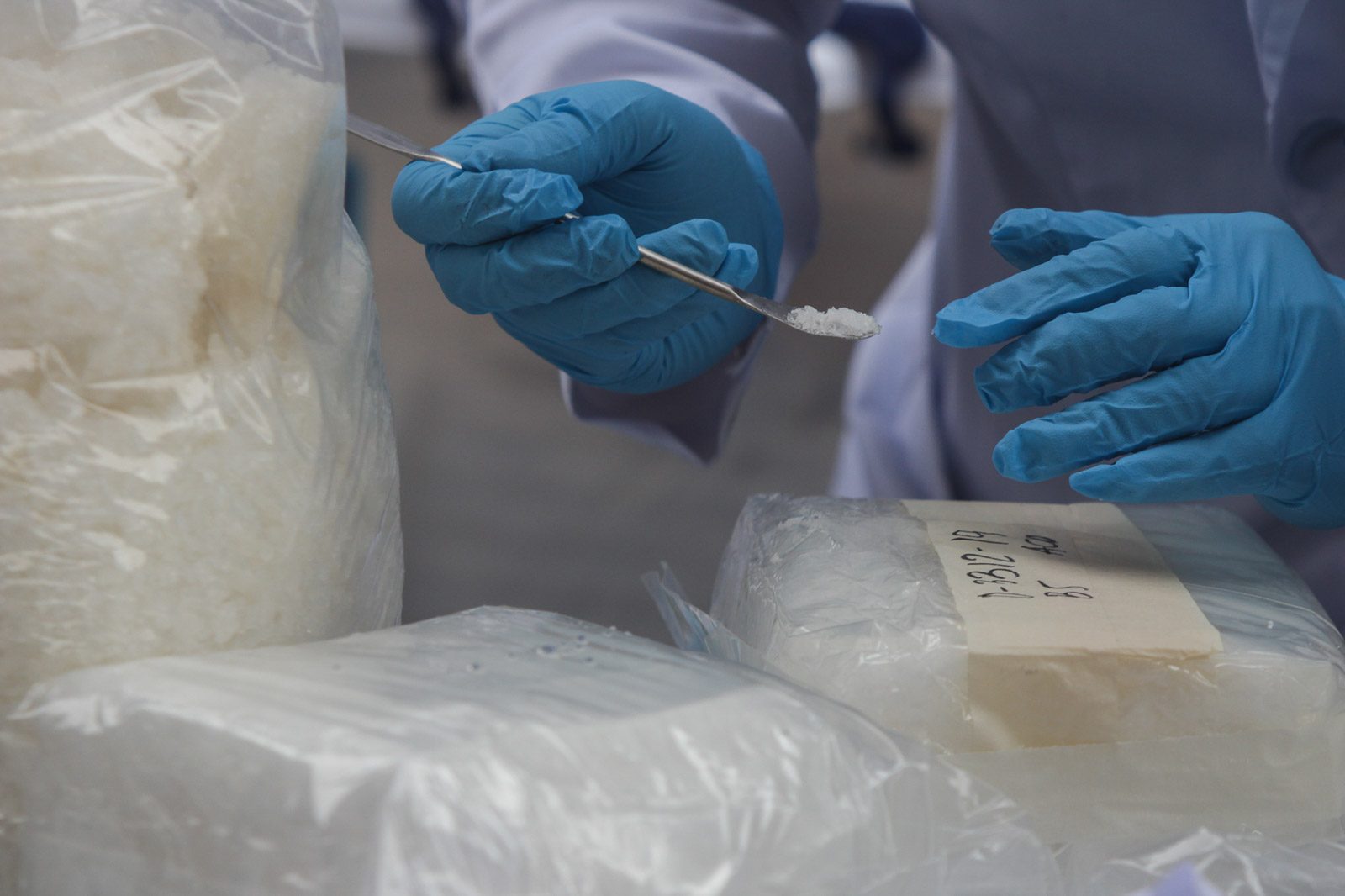
The five-year-old war on drugs of the Duterte government can learn a thing or two from the campaign of neighbor Malaysia.
Instead of using lethal force to hit hard on substance users, Malaysia has changed gears and introduced health-based approach in solving the drug menace.
By approaching at the proliferation of drugs as a health policy problem, countries could benefit, Dr Sangeeth Kaur, vice president of the Malaysian Alliance for Drug Policy Reform said during the Philippine Harm Reduction Summit on Friday, April 29.
According to Kaur, by decriminalizing the simple and minimal drug use, governments could save millions of funds. In Malaysia, for example, the cost of law enforcement and incarcerating individuals with drug complaints cost around 112.9 million ringgit (around $27.5 million) – the cost of imprisonment not included.
Malaysia has one of the toughest drug punishment laws in the Asian region – a mandatory drug sentence for convicted drug traffickers. But in 2019, Youth and Sports Minister Syed Saddiq Syed Abdul Raham announced that a special task force has been formed to decriminalize drug use.
The Malaysian drug policy expert added that funds earmarked for the jailing of small-time drug users could instead be used to bankroll improvements in the overall justice system.
“When decriminalizing drugs, the money can be used for other more serious cases,” Kaur said.
Kaur added that instead of jailing these users, the government can instead sanction them through cautions, and community, and institution-based treatments.
Kaur added that even with its draconian anti-drug laws, Malaysia still failed to eradicate illegal drugs.
According to the data of the United Nations Office on Drug and Crime, only one in 10 drug users are aggressive or problematic. While only one in 6 drug users have access to treatment.

According to Amnesty International, 73% of individuals who are in Malaysia’s death row are foreign nationals who “were coerced or manipulated into bringing small amounts of drugs into the country and had not used any violence.”
Meanwhile in the Philippines, human rights has deteriorated because of the bloody approach to fight illegal drugs. According to the Human Rights Watch, drug war killings increased during the COVID-19 lockdown, with “almost total impunity” seen in the country.
Government data show at least 5,980 people have been killed during police anti-drug operations as of November 30, 2020. This number does not include victims of vigilante-style killings, which human rights groups estimate to reach at least 27,000.
In the 2016 United Nations Special Session on the World Drug Problem, drug dependence was characterized “as a complex, multifactorial health disorder characterized by a chronic and relapsing nature with social causes and consequences that can be prevented and treated.” – With reports from Jodesz Gavilan/ Rappler.com
Add a comment
How does this make you feel?
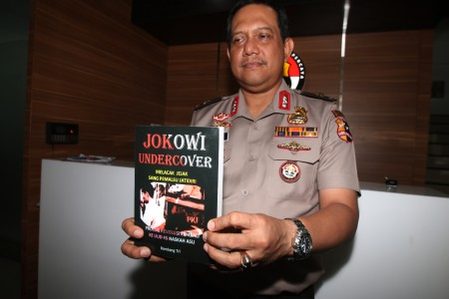
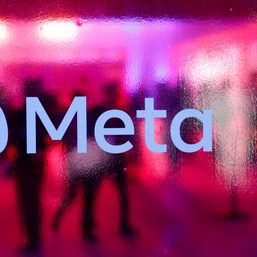
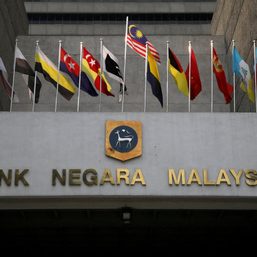
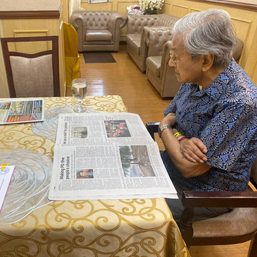
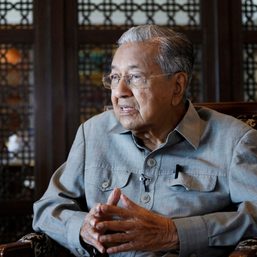
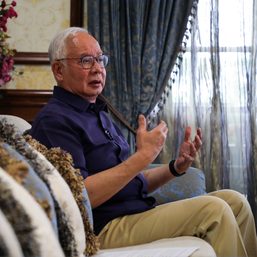
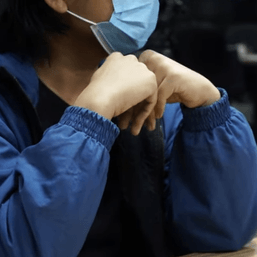




There are no comments yet. Add your comment to start the conversation.